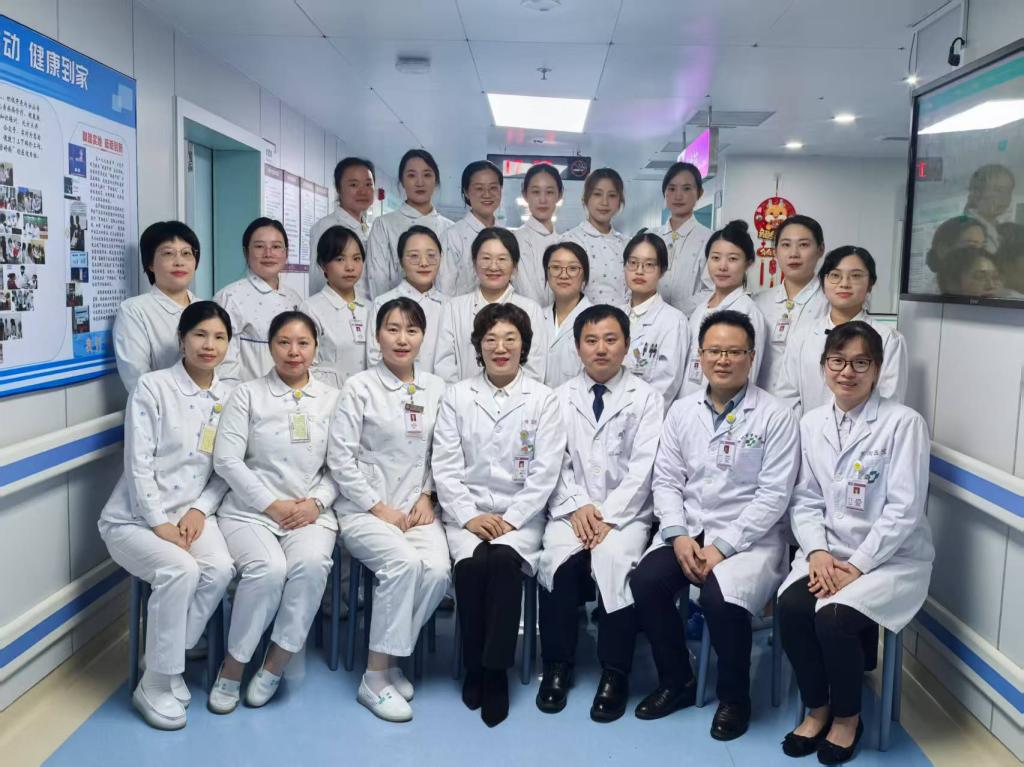Department Overview
Established in 2004, the Endocrinology Department officially launched its inpatient ward in 2008. The department handles an annual outpatient volume of 25,000–26,000 visits andadmits approximately 1,200 inpatients per year.

Equipment Configuration
The department is equipped with advanced medical devices, including insulin pumps, continuous glucose monitors, scanning glucose monitoring systems, blood glucose meters, ketone meters, airwave pressure therapy systems, limb arterial Doppler monitors, and digital vibration perception threshold analyzers.
Clinical Services and Technological Expertise
Introduced subcutaneous insulin pump therapy for diabetic hyperglycemia in 2008.
Implemented screening for lower extremity peripheral neuropathy and ankle-brachial index measurement in 2011.
Launched subcutaneous dynamic glucose monitoring in 2014, scanning glucose monitoring technology in 2017, and a hospital-wide glucose management system in 2018.
Specializes in diagnosing and treating endocrine disorders such as primary aldosteronism, pheochromocytoma, adrenal insufficiency, Cushing syndrome, and pituitary tumors.
Research and Education
The department conducts in-depth research on clinical diagnosis, treatment, and prevention of diabetes, obesity, gout, hyperlipidemia, osteoporosis, and thyroid/adrenal/pituitary diseases. It has published six articles in domestic core journals and undertaken three research projects in recent years.
Community Engagement
Weekly diabetes health education sessions are organized.
Annual World Diabetes Day events include free clinics and public health campaigns.
The Zhuoru Diabetes Fund provides financial assistance to children with type 1 diabetes from low-income families.